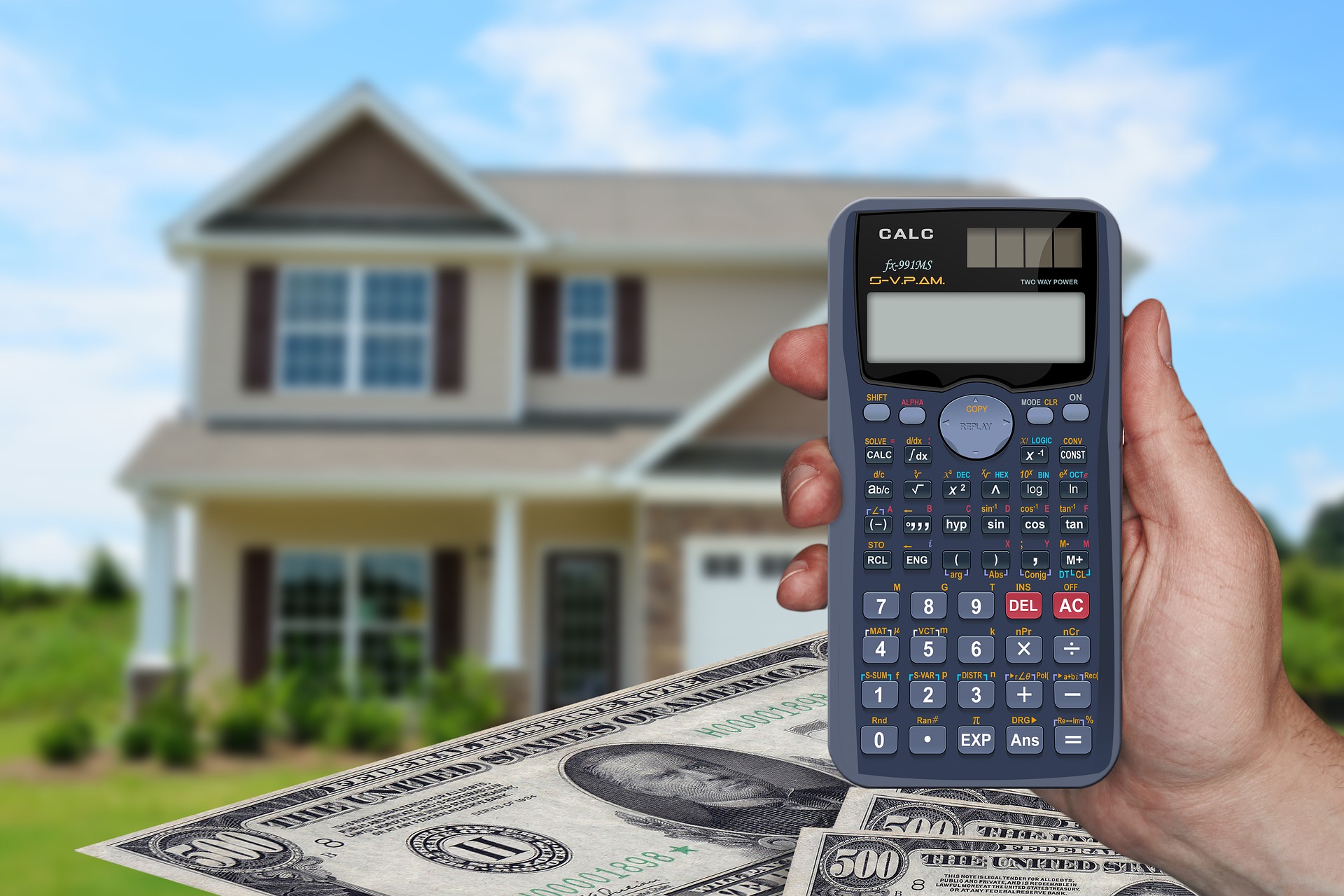
22 Oct Selling your home? Here’s how the N.J. exit tax works.
Photo: pixabay.comQ. Can you explain how the exit tax would work? I paid $200,000 for the house and sold for $275,000. First, if my only home is in New Jersey and I decide to move out of the state, what is the exit tax impact? Or if I decide to sell my home and stay in the state, and then rent a condo, what would be the exit tax impact?
— Moving somewhere
A. The so-called exit tax causes a lot of confusion for home sellers in Jersey.
But here’s the thing. It’s not an additional tax.
Before we get to your specific questions, let’s go over how it works.
The exit tax is actually a “withholding” or “estimated” tax that is paid in advance if you are moving out of the state. It’s the greater of 8.97 percent of the profit on the sale of the home or 2 percent of the selling price, said Gerard Papetti, a certified financial planner and certified public accountant with U.S. Financial Services in Fairfield.
He said the state requires all real property owners to execute a special tax form that must be attached to all deeds upon the sale of the property.
Otherwise, the deed would be rejected by the recording office.
NJ Form GIT/REP-3 – Seller’s Residency Certification/Exemption is for New Jersey resident taxpayers and contains 14 exemption choices – actually called “Seller’s Assurances” – that allow for any taxes on the gain to be paid when filing a Resident NJ-1040 Gross Income Tax return, he said.
The first exemption applies to New Jersey residents and states that all applicable taxes on the gain from the sale will be reported on a New Jersey Resident Gross Income Tax Return, Papetti said.
Exemptions 2 through 14 apply to non-residents:
2. Real property was used as a principal residence and qualifies under IRC Section 121 of the Internal Revenue Code which excludes up $500,000 of gain for married taxpayers, $250,000 for single taxpayers;
3. Addresses a mortgagor conveying the property to a mortgagee in foreclosure;
4. Seller is a governmental agency;
5. Seller is not an individual, estate or trust, i.e. corporation, partnership etc.;
6. Total consideration is $1,000 or less;
7. Gain from the sale will not be recognized if qualified under Sections 721 (contribution to a partnership), 1031 (like-kind exchanges), 1033 (involuntary conversions) and non-like kind property received;
8. Transfer is by an executor/administrator of an estate pursuant to decedent’s will;
9 Real property is sold subject to a short-sale;
10. Deed is dated prior to Aug. 1, 2004 and was not previously recorded;
11. Sale is being made by a relocation company;
12. Real property is being transferred subject to divorce;
13. Property transferred is a cemetery plot;
14. Seller is not receiving net proceeds from the sale.
A non-resident individual, estate or trust is required to complete and sign the GIT/REP-1 or GIT/REP-2 form in order to record the deed, unless the non-resident individual, estate or trust meets one of the “seller’s assurances” listed on the GIT/REP-3 form, Papetti said.
“Even if a non-resident seller recognizes no gain from the sale or transfer of real property in New Jersey, they are required to make an estimated gross income tax payment of the minimum 2 percent of the total consideration stated on the deed and it must be paid on or before the time of closing,” Papetti said. “Any tax withheld can be refunded when filing a New Jersey income tax return reflecting no gain.”
He said if a New Jersey resident moves out of the state, you are considered a non-resident on or after the day of transfer. Part-year residents are considered non-residents, he said.
Now to address your two examples:
First, if you have a primary home in New Jersey for which you paid $200,000 and are selling for $275,000, you need to look at Form GIT/REP3 – Seller’s Residency Certification/Exemption for New Jersey Resident Taxpayers.
“It appears that you would qualify for Exemption No. 2: Real property was used as a principal residence and qualifies under IRC Section 121 of the Internal Revenue Code, which excludes up $500,000 of gain for married taxpayers, $250,000 for single taxpayers,” he said. “In order to qualify for this gain exclusion, you must have used the home that was sold as your primary residence for two out of the last five years.
If you instead rent someplace in New Jersey after you sell the home, you would again look at Form GIT/REP3.
“It appears that you would qualify for Exemption No. 1,” Papetti said. “That applies to New Jersey residents and states that all applicable taxes on the gain from the sale will be reported on a New Jersey Resident Gross Income Tax Return.”
Email your questions to Ask@NJMoneyHelp.com.
This story was originally published Oct. 22, 2019.
NJMoneyHelp.com presents certain general financial planning principles and advice, but should never be viewed as a substitute for obtaining advice from a personal professional advisor who understands your unique individual circumstances.

